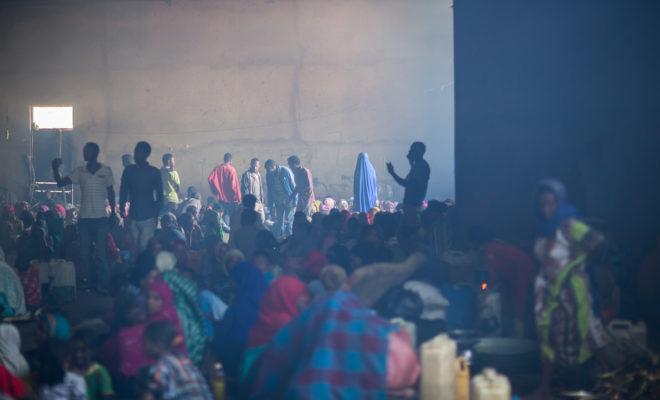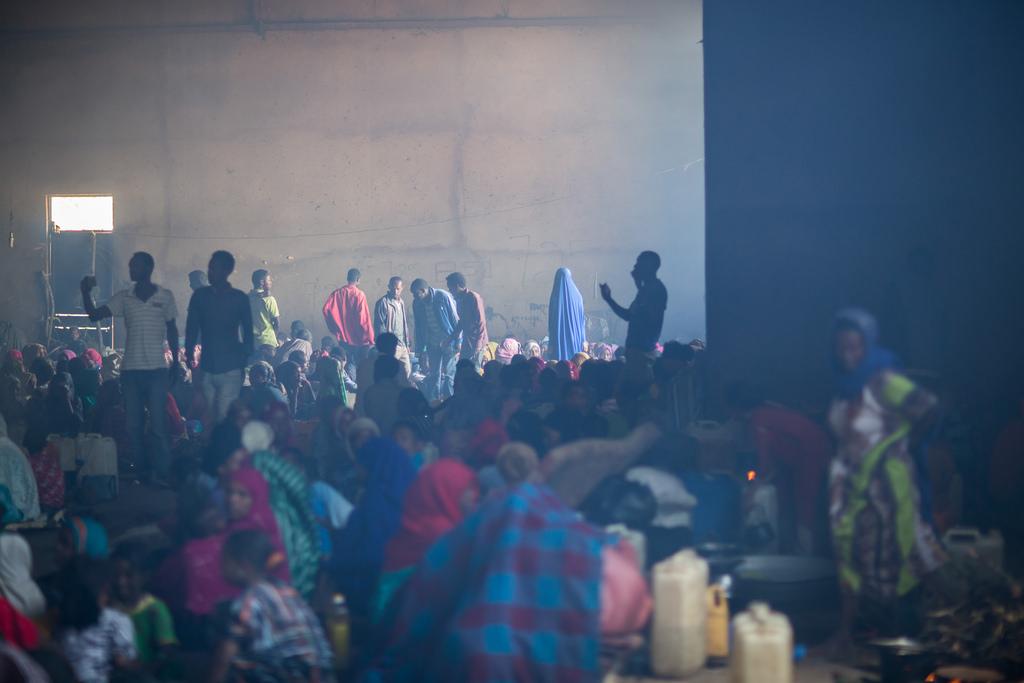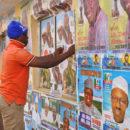Ethiopia: Abiy’s misstep on IDPs and how he can fix it

By pressuring people displaced by conflict to return home prematurely, the government is putting them at risk.

In the past few months, hundreds of thousands of people have been displaced by violence. Credit: UNICEF Ethiopia/2018/Mulugeta Ayene.
Remarkable changes are occurring in Ethiopia. Since Prime Minister Abiy Ahmed came to power in April, he has welcomed back formerly exiled opposition figures, released political prisoners, ousted a regional leader accused of human rights abuses, and forged a peace deal with Eritrea. On the streets of Addis Ababa, the optimism is palpable.
Yet enormous challenges remain. Among them is the explosion of intercommunal violence. This crisis has forced 1.4 million people to become displaced in 2018, the highest number of new internally-displaced persons (IDPs) in the world. And, unfortunately, the government is making things even worse by pushing for premature returns.
One of the areas most affected is in the south, along the regional border of Oromiya and the Southern Nations, Nationalities, and People’s Region (SNNPR). When Ethiopia’s political leadership shifted at the federal level earlier this year, long simmering tensions here between the Gedeo people and Guji Oromo group came to a head. Between April and June, armed mobs attacked villages, burned houses, and carried out horrific acts of violence. Hundreds of thousands were forced to flee in the first few weeks.
On a positive note, the Ethiopian government is working with the UN and other humanitarian actors to assist those in need. From the onset of the crisis, the government established Emergency Operation Centres to coordinate the response and invited UN investigators to document the atrocities.
But on a more worrying note, the government has also been pressuring IDPs to return before their villages are safe or their homes are rebuilt.
In one town in the south, Refugees International encountered hundreds of people being loaded onto open-air trucks. They had been told by government officials that they would no longer receive relief unless they went home. Aid organisations were only informed about the returns the day they were taking place and were scrambling to adjust their response.
In several locations where IDPs had been returned, Refugees International found them not at home but living collectively in fields, market depots, and church grounds. Many lacked mattresses or blankets. Some had created makeshift shelters using sticks and cloth.
One group of IDPs said they had not returned to their houses because they did not feel security had been restored. “We prefer to stay together. We feel safer together,” said one. “The ones who burned our houses, the ones who killed our neighbours, have not been brought to justice.” Others said that even if they felt safe enough to go back, they had nothing to return to because their homes and businesses had been destroyed.
Three steps to change track
Going forwards, the government under Prime Minister Abiy can take three steps to remedy its response to IDPs – especially as the potential for internal violence remains.
First, it can refrain from carrying out additional premature returns and allow aid organisations to provide assistance in both areas of displacement and areas of return. This way, IDPs who genuinely decide to go home voluntarily can still receive support, while those unwilling to return will not feel compelled to do so. Freedom of movement must be prioritised. IDPs who have already been returned must be informed that they can live where they feel most safe and that assistance will be targeted based on need.
Second, the government can establish a clear and transparent plan for voluntary returns. Among other things, the state should survey the perspectives of IDPs on their intentions to return. It should organise systematic ‘go-and-see’ visits in which displaced people can assess the conditions back home. And it should work out options for alternatives for those who feel they may never be able to return home.
Third, the government can make sure to work in close coordination with relief organisations. Aid and development agencies need to be informed of potential population movements so they can be in place to support people who choose to return.
Responding to conflict displacement is a challenge that is likely to persist in Ethiopia for the foreseeable future – and the southern border area is by no means the only region experiencing violence. Tensions on the outskirts of Addis Ababa caused thousands to flee at the end of September. Earlier this month, 70,000 people were targeted along ethnic lines in the western state of Benishangul-Gumuz.
[Strains down south: Ethiopia’s national reforms rouse local tensions]
[Ethiopia: Rising ethnic violence undermines Abiy’s reform agenda]
The new government of Prime Minister Abiy has made impressive strides to open political space and promote human rights. For this, they are to be congratulated. But at the same time, the new government must ensure that IDPs receive the full measure of its protection. For all the obstacles and uncertainties facing Abiy’s administration, it is in their control – and interest – to make significant improvements in their response towards displaced Ethiopians.






Excellent Article!